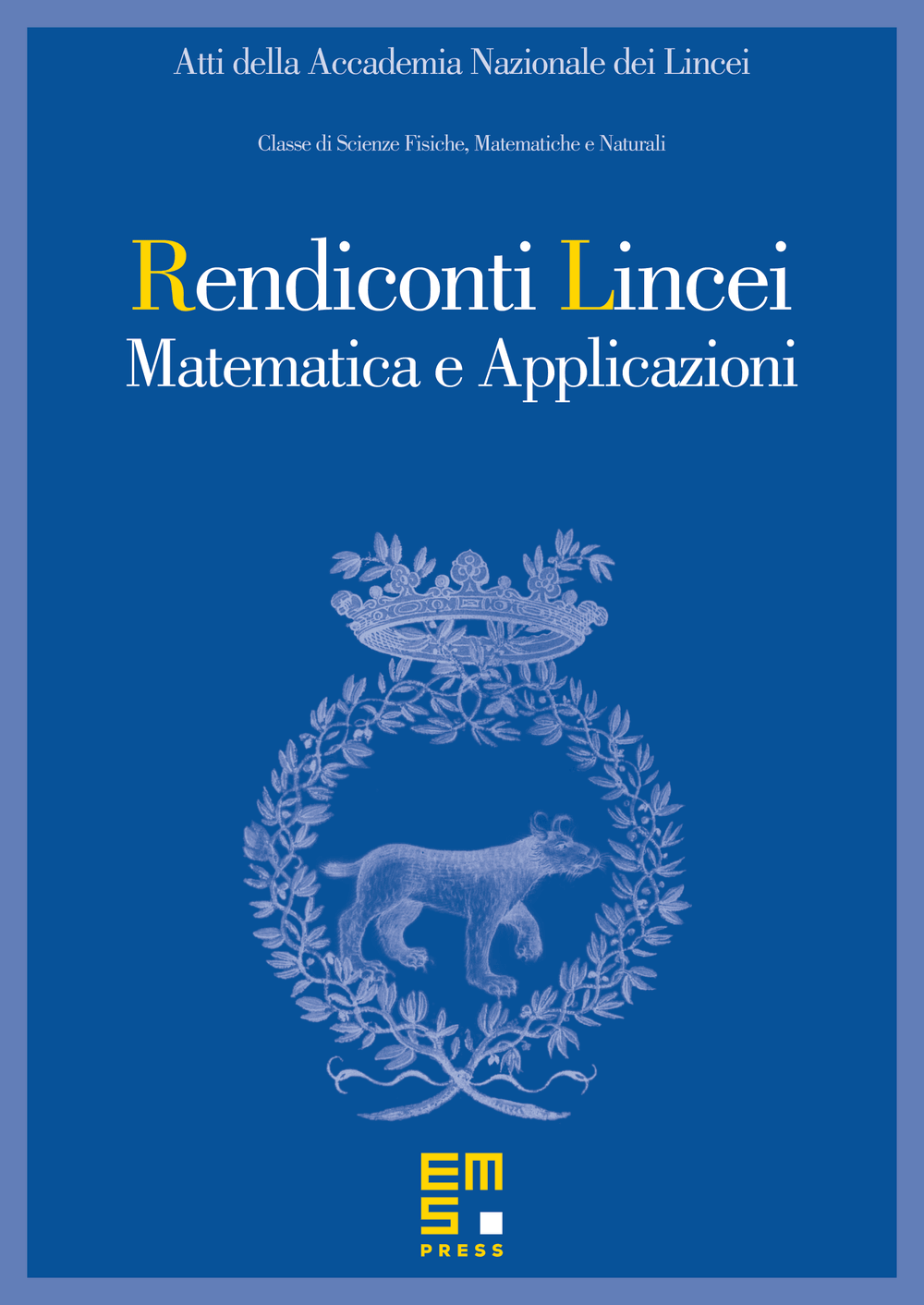Heat and mass transfer by convection in multicomponent Navier–Stokes mixtures: absence of subcritical instabilities and global nonlinear stability via the Auxiliary System Method
Salvatore Rionero
Università degli Studi di Napoli Federico II, Italy

Abstract
Because of its great geophysical relevance (engineering geology, volcanism, subsurface fluid motions,...) and the frequent applications (industrial processes, crystal growth, thermal engineering, air and water pollution,...) in the past as nowadays, the heat and mass transfer by convection in horizontal layers has attracted the attention of many scientists. In the present paper, this problem is investigated in the general case of a horizontal layer L - filled by a Navier-Stokes multicomponent fluid mixture - heated from below and salted (partly from below and partly from above) by salts . Generalizing the Auxiliary System Method (AS Method), recently introduced for the Darcy fluid mixtures in porous layers [32]-[34], it is shown that: i) for each Fourier component of the perturbation fields there exists an own nonlinear evolution system (auxiliary system); ii) via the auxiliary system, a linearization principle can be obtained; iii) the absence of subcritical instabilities and the property of the linear stability conditions to guarantee also the global nonlinear stability hold; iv) the Routh-Hurwitz stability conditions are characterized and handled for ; v) the looking for hidden symmetries and skew-symmetries allows to guarantee - via simple algebraic conditions in closed form - the global nonlinear stability.
Cite this article
Salvatore Rionero, Heat and mass transfer by convection in multicomponent Navier–Stokes mixtures: absence of subcritical instabilities and global nonlinear stability via the Auxiliary System Method. Atti Accad. Naz. Lincei Cl. Sci. Fis. Mat. Natur. 25 (2014), no. 4, pp. 369–412
DOI 10.4171/RLM/685